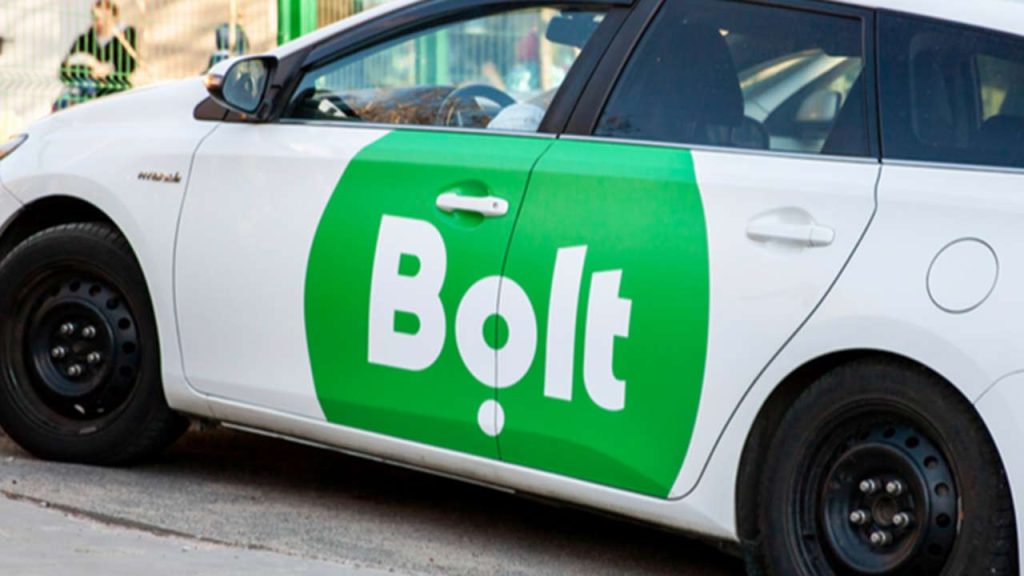The ride-hailing landscape in Lagos, Nigeria, is embroiled in controversy as major players, Uber and Bolt, face mounting accusations of labor exploitation, safety negligence, and a lack of transparency. Despite a recent public hearing at the Lagos State House of Assembly, spurred by a petition from the Amalgamated Union of App-Based Transporters of Nigeria (AUATON) with backing from the Nigerian Labour Congress (NLC), the companies have remained conspicuously silent. This silence, according to union representatives, underscores a disregard for the welfare of drivers and the safety of both drivers and passengers. The petition details a litany of grievances, including arbitrary fare reductions, driver deactivations without due process, a lack of insurance coverage for drivers, and inadequate security measures, painting a picture of an industry operating with impunity.
At the heart of the dispute is the perceived imbalance of power between the global ride-hailing giants and the local drivers who rely on their platforms for income. The NLC has criticized the pricing models employed by these companies, alleging that they impose conditions on Nigerian drivers that would be unacceptable in their countries of origin. Drivers are reportedly subjected to fluctuating fares that often fail to compensate for rising fuel costs and vehicle maintenance, effectively diminishing their earnings while the companies profit. This precarious situation is further compounded by the absence of a formal grievance mechanism, leaving drivers with little recourse when faced with unfair practices. The union argues that this systemic exploitation amounts to treating drivers as “modern-day slaves,” highlighting the urgent need for regulatory intervention.
The security concerns raised by AUATON and the NLC are equally alarming. The petition cites instances of violence against both drivers and passengers, including a tragic case of a driver murdered shortly after acquiring a vehicle through a hire-purchase agreement. These incidents, according to the union, are symptomatic of inadequate identity verification processes for riders and a lack of comprehensive safety protocols. While Bolt, in particular, has publicized its investments in safety features and partnerships, the union contends that these measures are insufficient to address the pervasive security risks faced by those operating within the ride-hailing ecosystem. The absence of a real-time emergency response system, a key demand of the union, further exacerbates the vulnerability of drivers and passengers in emergency situations.
The silence from Uber and Bolt in the face of these serious allegations has only amplified the concerns of drivers and labor advocates. Despite repeated attempts to solicit their response to the proposed regulations, the companies have remained unresponsive. This lack of engagement, according to AUATON, is deeply disappointing and indicative of a broader disregard for the concerns of Nigerian stakeholders. While Bolt has publicly emphasized its commitment to safety and has a visible local management presence, Uber’s relative silence and the apparent absence of a designated country manager raise questions about its commitment to addressing the issues at hand. This perceived aloofness fuels the perception that these global corporations are prioritizing profit maximization over the welfare of their drivers and the safety of their users.
The drivers, represented by AUATON, have articulated clear demands: a fair pricing structure that accounts for economic realities like inflation and fuel prices, a robust emergency response system, and mandatory, verifiable identity checks for all passengers. They are also seeking a transparent and accessible grievance mechanism to address unfair practices and ensure accountability. These demands reflect a desire for a more equitable and secure working environment, where drivers are treated with dignity and their safety is prioritized. The union’s call for legislative intervention underscores the need for a comprehensive regulatory framework that governs the ride-hailing sector, protects the rights of drivers, and ensures the safety of all stakeholders.
The ongoing standoff between drivers and ride-hailing platforms in Lagos highlights the complex challenges facing the gig economy in developing countries. While these platforms offer opportunities for income generation and convenient transportation, they also raise concerns about labor exploitation, precarious work conditions, and inadequate safety measures. The lack of regulation and the perceived power imbalance between global corporations and local workers create an environment ripe for exploitation. The drivers’ demands for fair treatment, safety, and accountability underscore the urgent need for a regulatory framework that balances the interests of all stakeholders and ensures a sustainable and equitable future for the ride-hailing industry in Nigeria. The continued silence from Uber and Bolt only deepens the distrust and emphasizes the urgency of government intervention to protect the rights and safety of its citizens.














